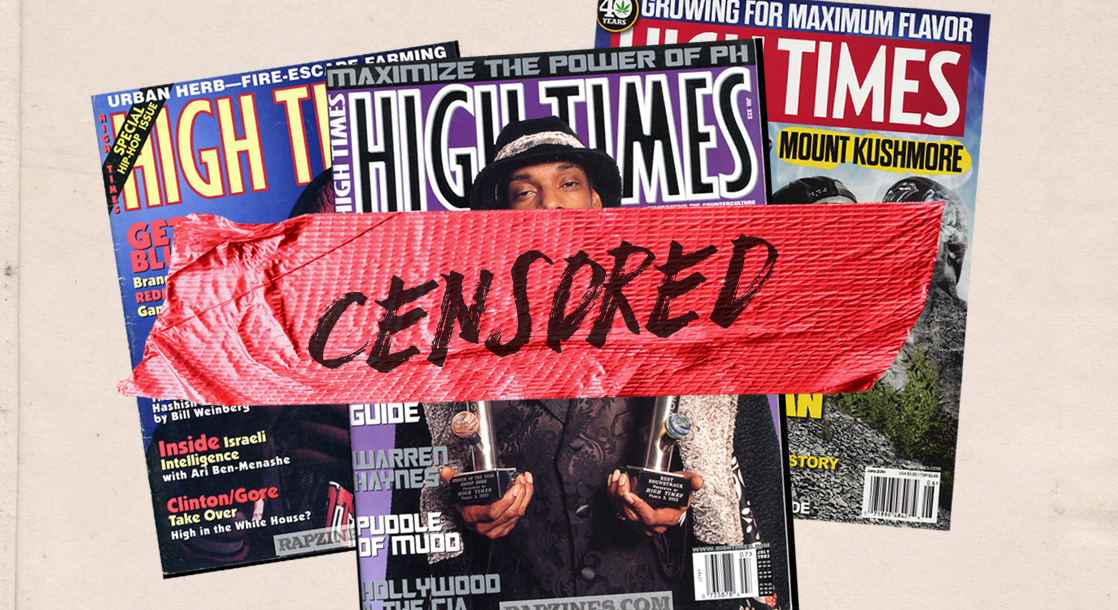As legalization spreads across the country, new issues regarding marijuana-related publications have arisen. When Colorado legalized marijuana in 2013, the bill included a provision that would require pot-related magazines to be behind the counter if stores were open to customers younger than 21 years old.
Magazines such as High Times would be given the same treatment as Playboy and Hustler. However, Colorado’s Attorney General, John Suthers, refused to enforce the ruling and received accolades from the Marijuana Policy Project (MPP).
Fast forward to November 2016 when Maine voters will have the opportunity to vote for a law that would legalize marijuana with a similar stipulation regarding pot periodicals.
This time the MPP is backing the provision and siding with a group of Maine medical marijuana growers who believe the censorship will help on-the-fence voters rest easy about passing the new law.
Does this mean that with pot legalization comes censorship and loss of freedom of speech? Not exactly. However at odds state laws are with each other when it comes to legalizing marijuana, these laws are up to the voters in each state and the voters will have an opportunity to decide for themselves whether or not legalization is worth the lack of access to magazines.
The MPP has tried to push a national policy on marijuana reform and hit a roadblock during negotiations with Legalize Maine, who believe the wrong message will be sent to the youth.
Regardless of how each state decides to legalize and enforce their own marijuana policies, the decision to mask the cover of pot-related magazines is a small test of the legalization movement as a whole.
There is still a vast online presence of marijuana resources and the laws about putting print behind the counter are easy to reform if citizens decide censorship is getting out of hand.











